What happened to Air France flight AF447?
Airbus and Air France on trial for manslaughter over crash that ‘changed aviation history’
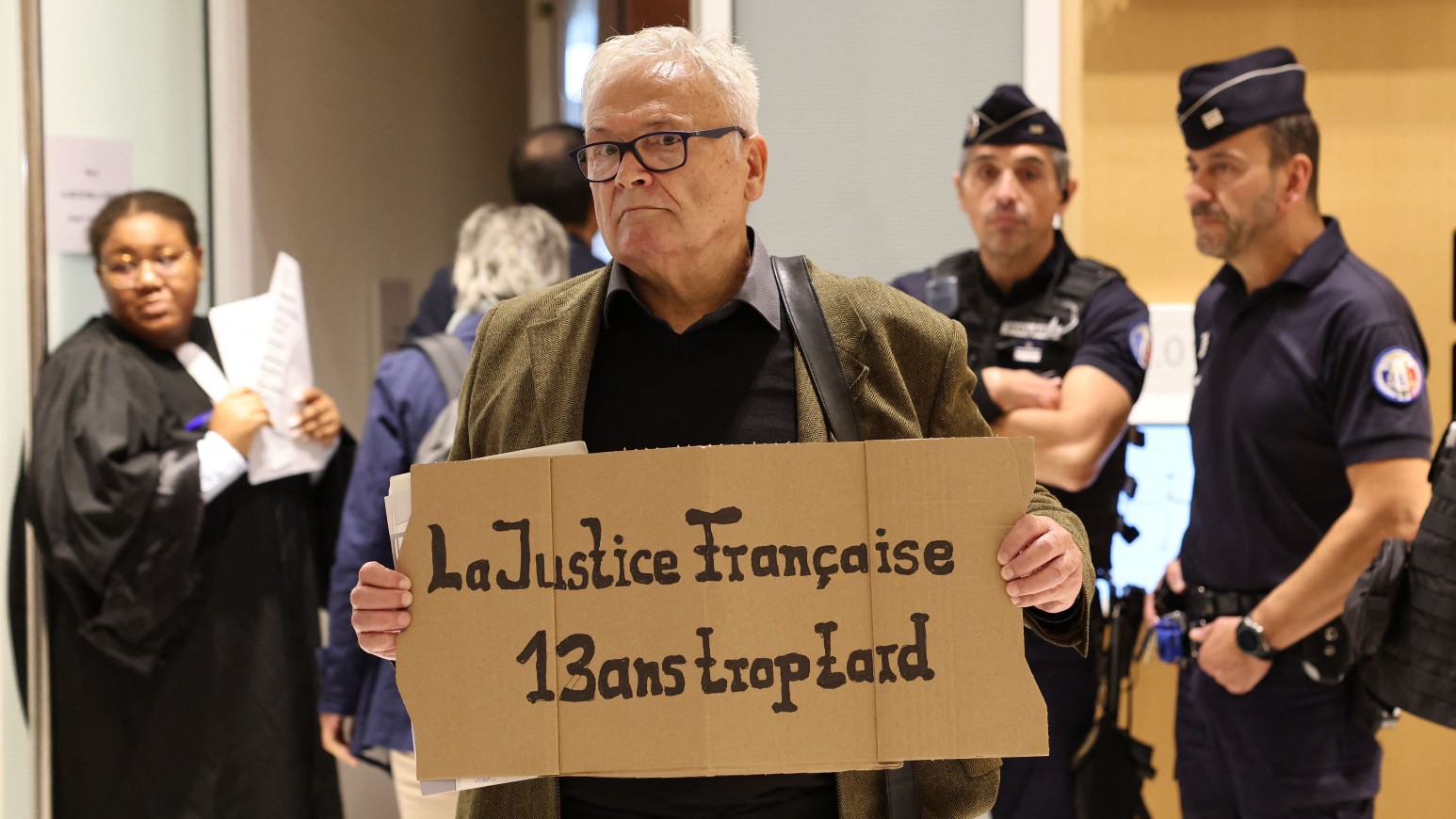
A free daily email with the biggest news stories of the day – and the best features from TheWeek.com
You are now subscribed
Your newsletter sign-up was successful
Air France and Airbus face charges of involuntary manslaughter in a landmark trial over the 2009 plane crash that killed 228 passengers and crew.
Air France flight AF447 disappeared from radars in pitch darkness during an equatorial storm en route from Rio de Janeiro to Paris.
The Airbus A330 vanished without a mayday signal and debris was found days later in the Atlantic Ocean near the equator. It remains the worst crash in Air France’s history.
The Week
Escape your echo chamber. Get the facts behind the news, plus analysis from multiple perspectives.

Sign up for The Week's Free Newsletters
From our morning news briefing to a weekly Good News Newsletter, get the best of The Week delivered directly to your inbox.
From our morning news briefing to a weekly Good News Newsletter, get the best of The Week delivered directly to your inbox.
However, it took another two years and an unprecedented search effort covering 17,000 square kilometres of ocean bed at depths of up to 4,000 metres to locate the bulk of the fuselage and recover the black box flight recorder.
The subsequent investigation found that as the plane entered a so-called “intertropical convergence zone” that often produces volatile storms with heavy rain, “ice crystals present at high altitudes had disabled the plane’s airspeed sensors, blocking speed and altitude information”, said The Guardian. The automatic pilot functions also stopped working as the jet went into an “aerodynamic stall” and then plunged into the ocean.
A report by France’s BEA accident agency concluded the pilots had become disorientated by a temporary loss of data from iced-up sensors and failed to take appropriate action when the plane went into a stall.
“The captain was on a break when problems began,” said the BBC, “and investigators concluded that the co-pilots did not have the training to deal with malfunctioning equipment.”
A free daily email with the biggest news stories of the day – and the best features from TheWeek.com
BEA also uncovered earlier discussions between Air France and Airbus about the reliability of the defective speed monitoring sensor, “which was quickly replaced on planes worldwide in the months after the accident”, reported Euronews.
How did the crash change the aviation industry?
“Planes most often crash on land and the AF447 ocean crash came to be seen as one of a handful of accidents that changed aviation” said The Guardian. It led to changes in safety regulations, pilot training and the use of airspeed sensors.
The crash “sparked a broad rethink about training and technology”, said Reuters, but over a decade after the BEA’s initial findings were made public “there are no signs of another of its longstanding concerns being addressed”.
The news agency said the upcoming trial, which began in Paris yesterday, “could rekindle a long-running privacy row over whether cockpits should also be monitored visually to decipher future accidents, especially now that security cameras are part of everyday life”.
Who has brought the case and why?
The airline has already compensated the families of those killed in what The Independent described as “the worst plane crash in Air France history”, but always denied criminal responsibility.
Victims were of 33 nationalities, and their families from around the world who are among the plaintiffs “have fought for more than a decade to see the case come to trial”, reported news site.
Investigating magistrates overseeing the case had dropped charges of involuntary manslaughter against Air France and Airbus in 2019, attributing the crash mainly to pilot error, but in 2021 a Paris appeals court ruled there was sufficient evidence to allow a trial to go ahead.
RTE said the trial will expose “bitter divisions that have raged behind the scenes between two of France's flagship firms for over a decade.
“Airbus blames pilot error for the crash while the French carrier claims confusing alarms and data overwhelmed the pilots.”
A spokesperson for a victims’ campaign group told AFP ahead of proceedings, which are likely to last nine weeks: “We expect an impartial and exemplary trial so that this never happens again.”
“It is the first time French companies have been directly placed on trial after an air crash, rather than individuals,” said The Guardian. The paper added that while Air France and Airbus, both of whom deny involuntary manslaughter, face potential fines of up to €225,000 – “a fraction of their annual revenues” – they could “suffer damage to their reputations if found criminally responsible”.
-
 Local elections 2026: where are they and who is expected to win?
Local elections 2026: where are they and who is expected to win?The Explainer Labour is braced for heavy losses and U-turn on postponing some council elections hasn’t helped the party’s prospects
-
 6 of the world’s most accessible destinations
6 of the world’s most accessible destinationsThe Week Recommends Experience all of Berlin, Singapore and Sydney
-
 How the FCC’s ‘equal time’ rule works
How the FCC’s ‘equal time’ rule worksIn the Spotlight The law is at the heart of the Colbert-CBS conflict
-
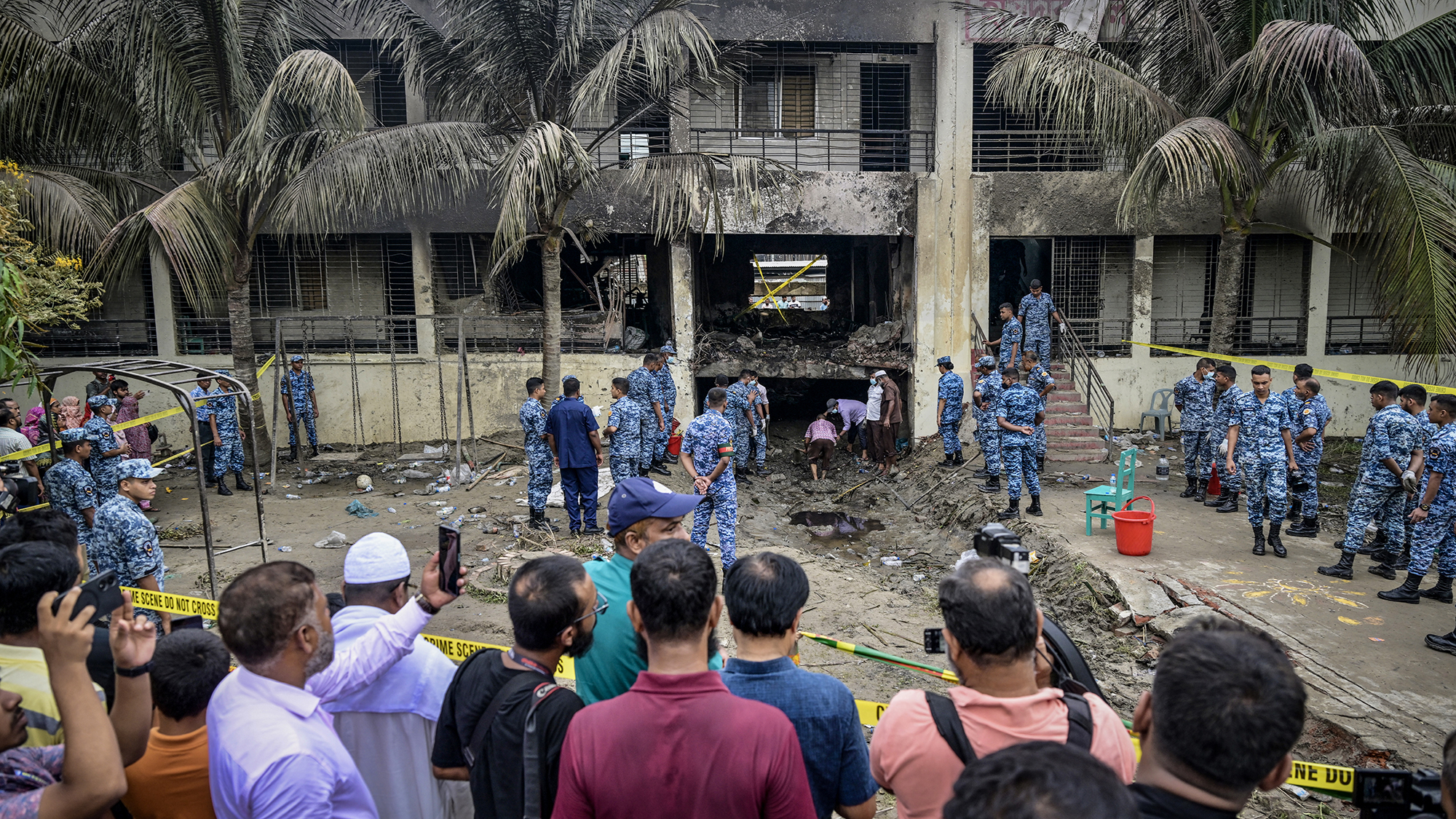 Bangladesh plane crash kills at least 25 children
Bangladesh plane crash kills at least 25 childrenSpeed Read A fighter jet experienced a mechanical failure and crashed into a school in Dhaka
-
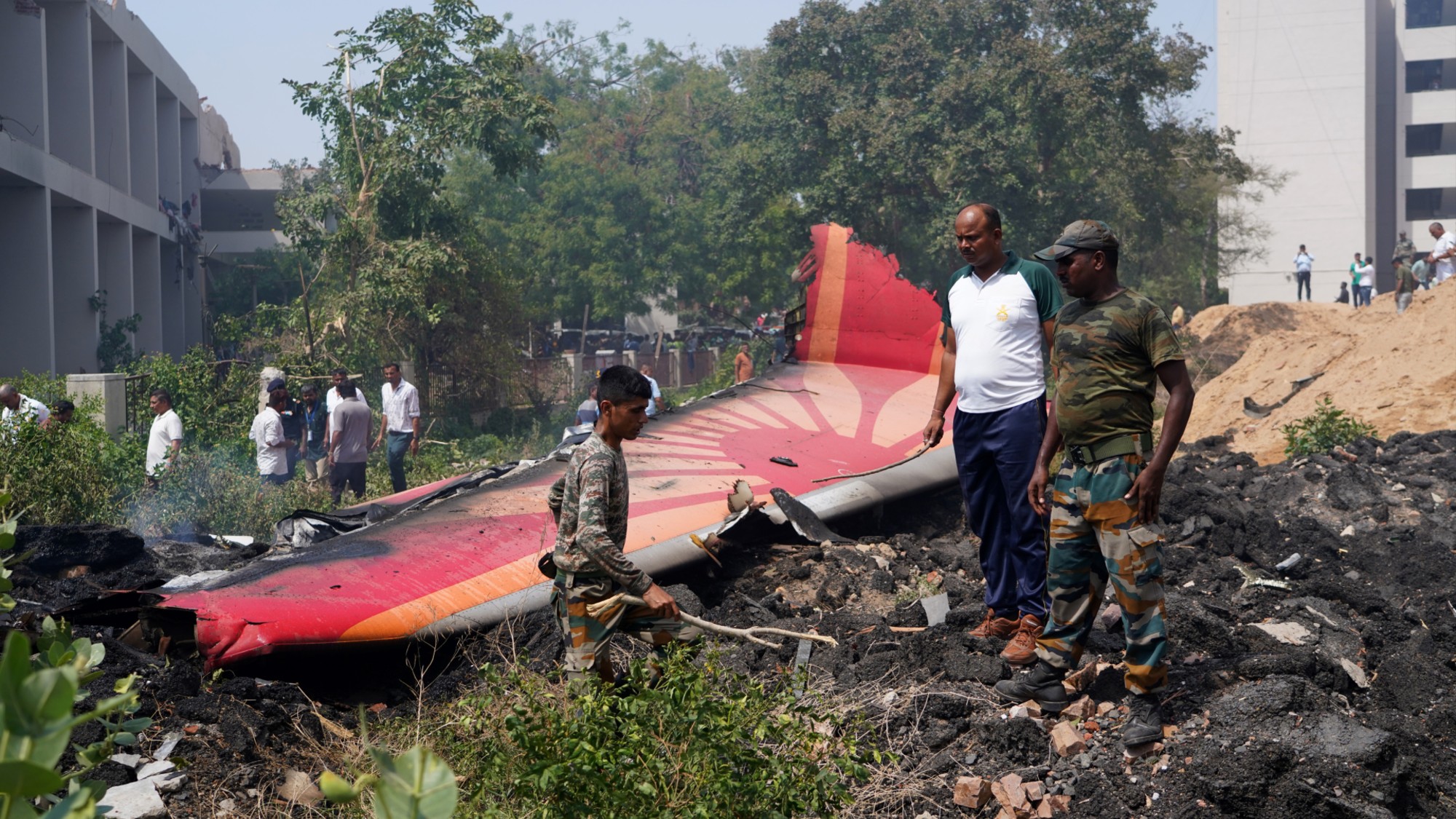 Air India crash highlights a new problem for Boeing: the Dreamliner
Air India crash highlights a new problem for Boeing: the DreamlinerIn the Spotlight The 787 had never been in a fatal crash before
-
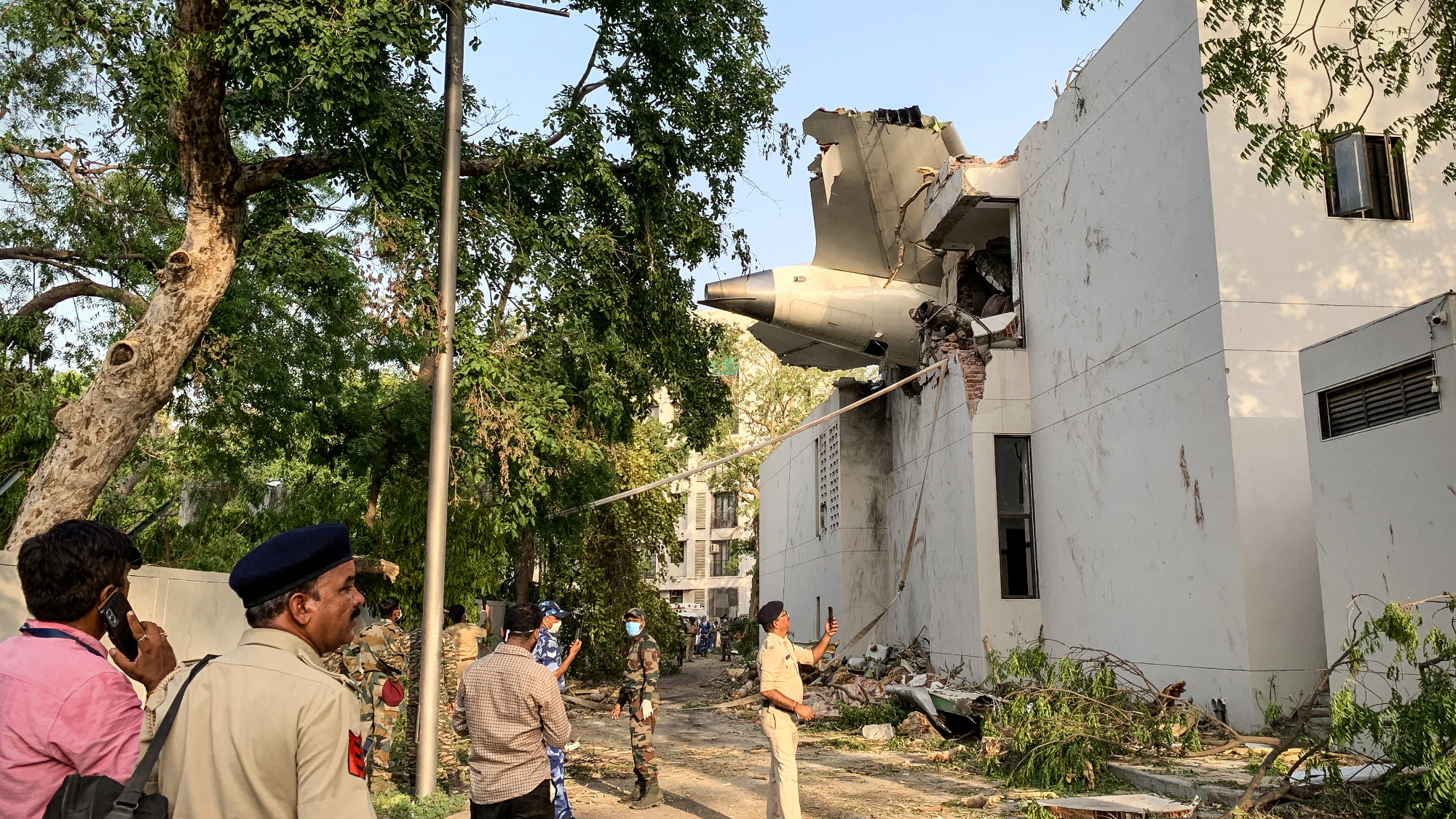 Hundreds die in Air India crash with 1 survivor
Hundreds die in Air India crash with 1 survivorSpeed Read The London-bound Air India Boeing 787 Dreamliner crashed soon after takeoff
-
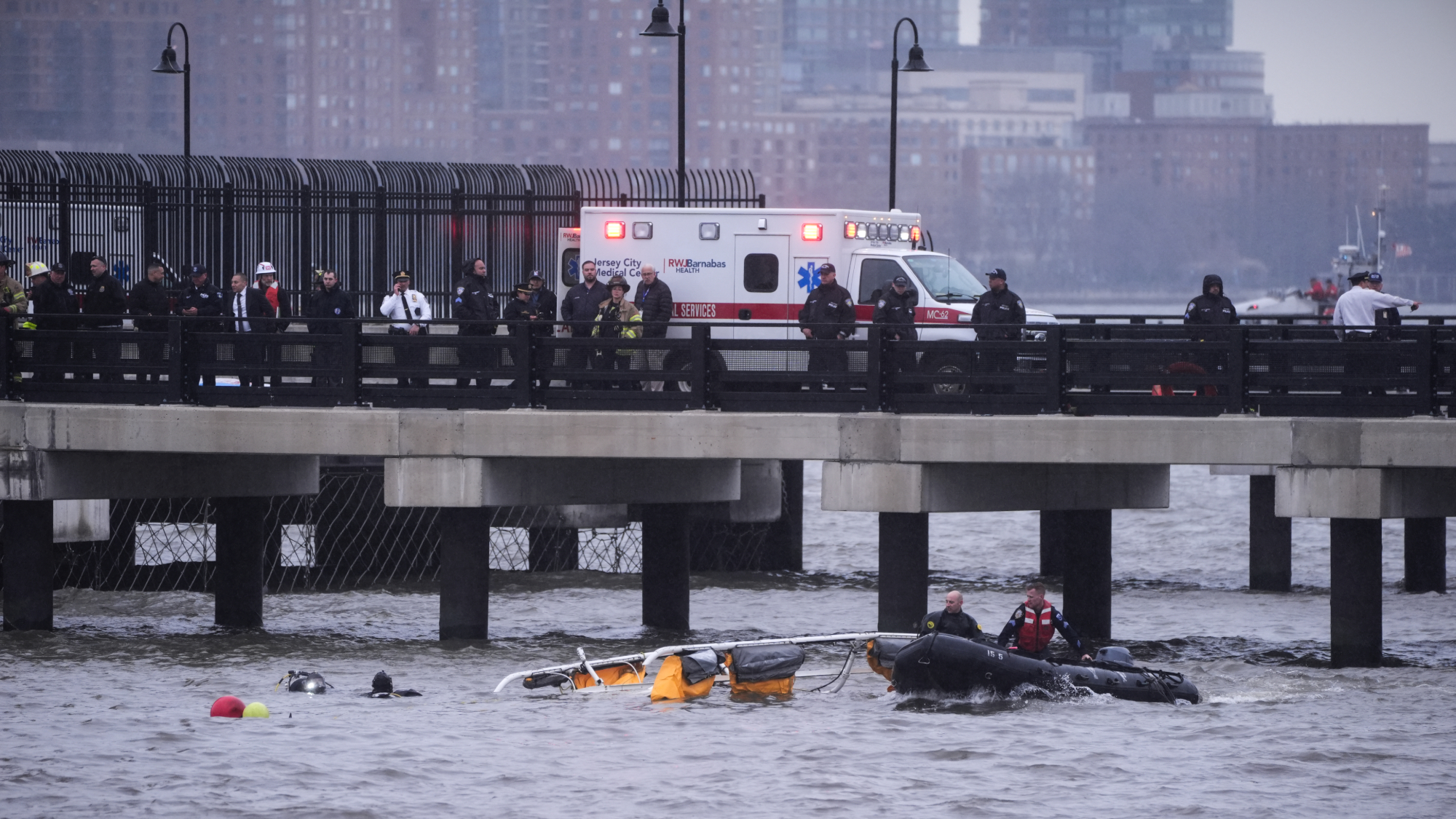 New York helicopter crash kills family, pilot
New York helicopter crash kills family, pilotspeed read A sightseeing helicopter crashed into the Hudson River, killing a family of Spanish tourists
-
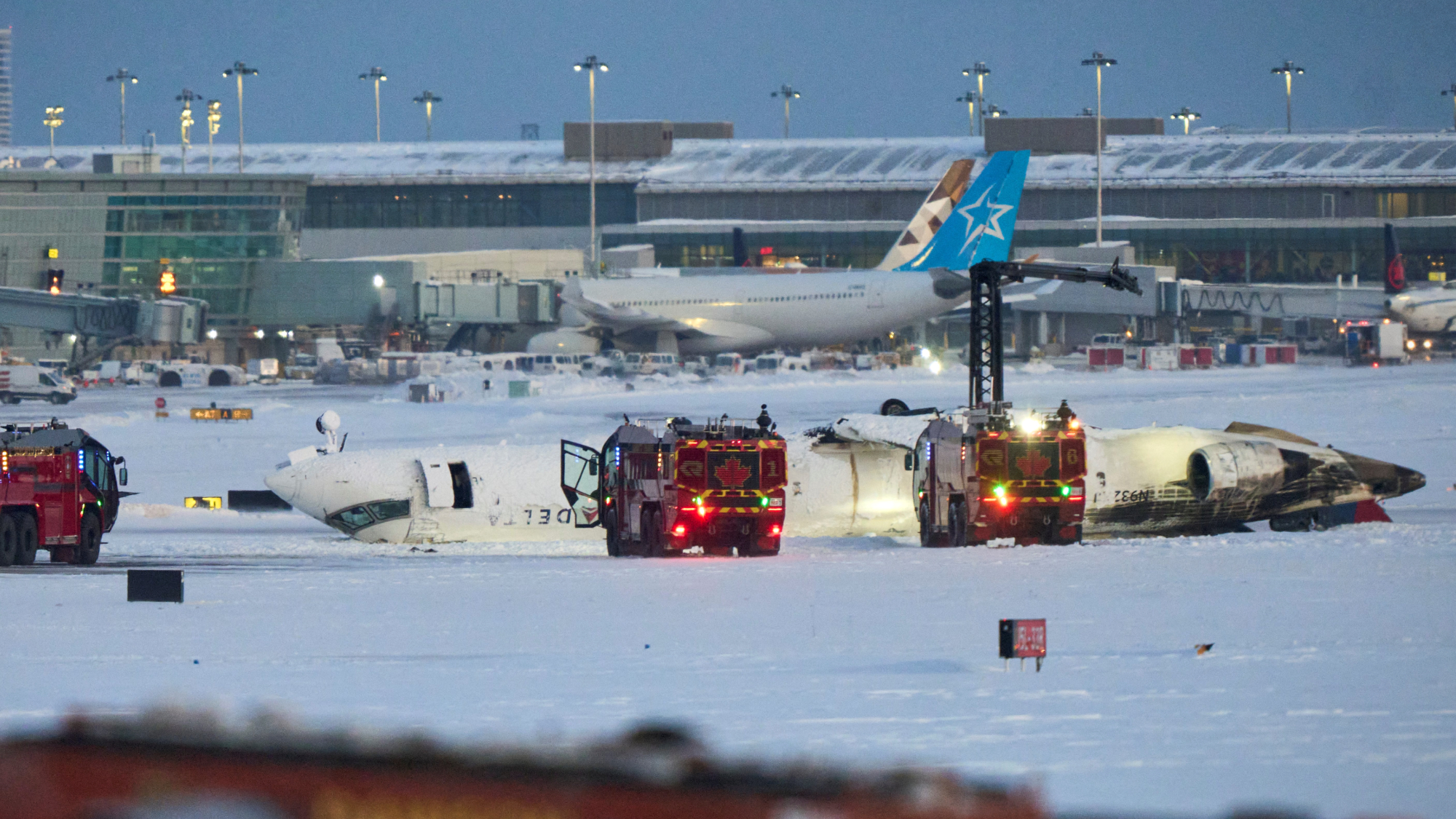 Delta flight lands upside-down in Toronto, no deaths
Delta flight lands upside-down in Toronto, no deathsspeed read At least 18 people were injured in a flight that landed at Toronto's Pearson International Airport
-
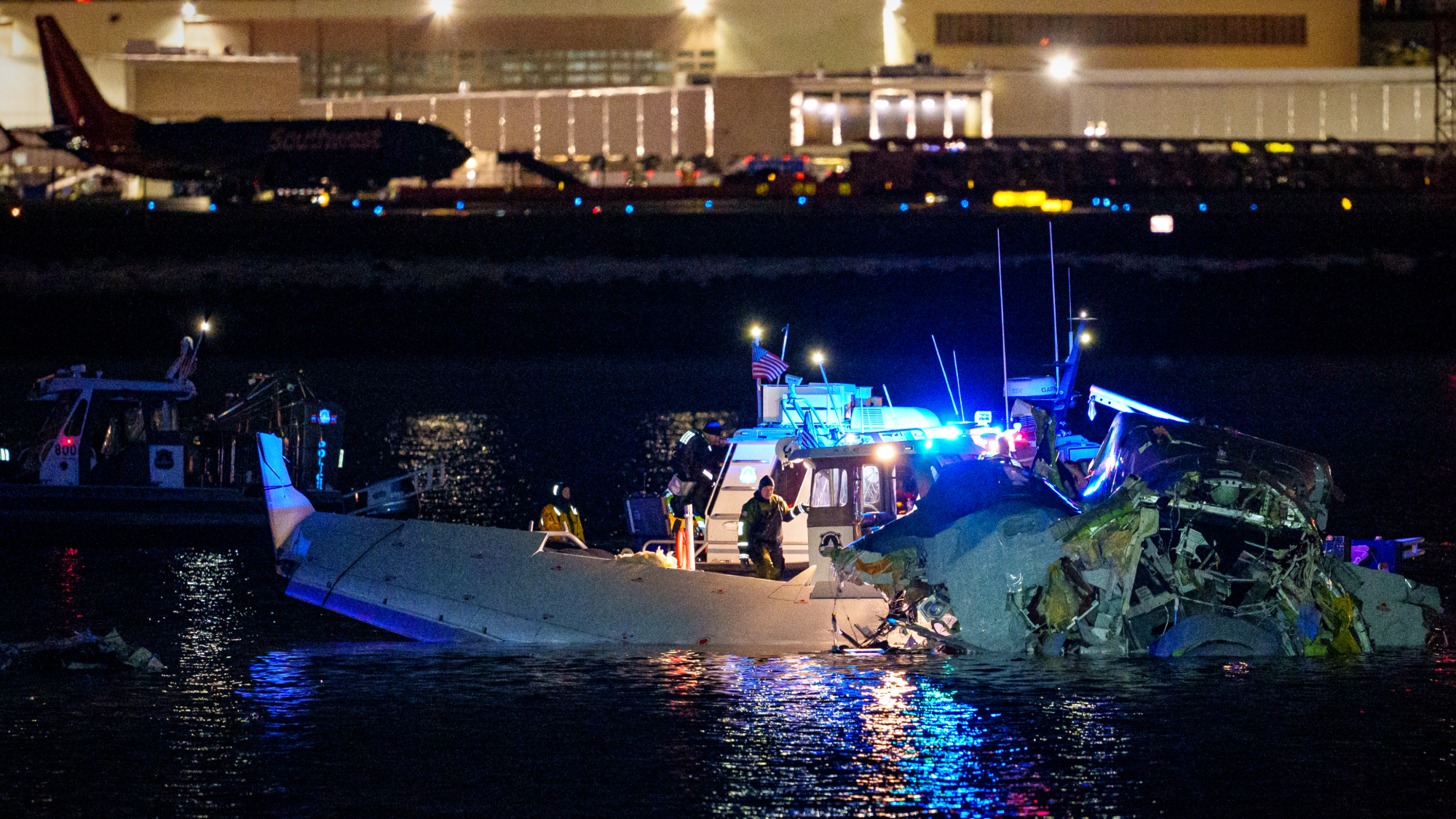 Passenger jet, Blackhawk helicopter collide in DC
Passenger jet, Blackhawk helicopter collide in DCSpeed Read An American Airlines flight with 64 people aboard collided with an Army helicopter, and no survivors have been found
-
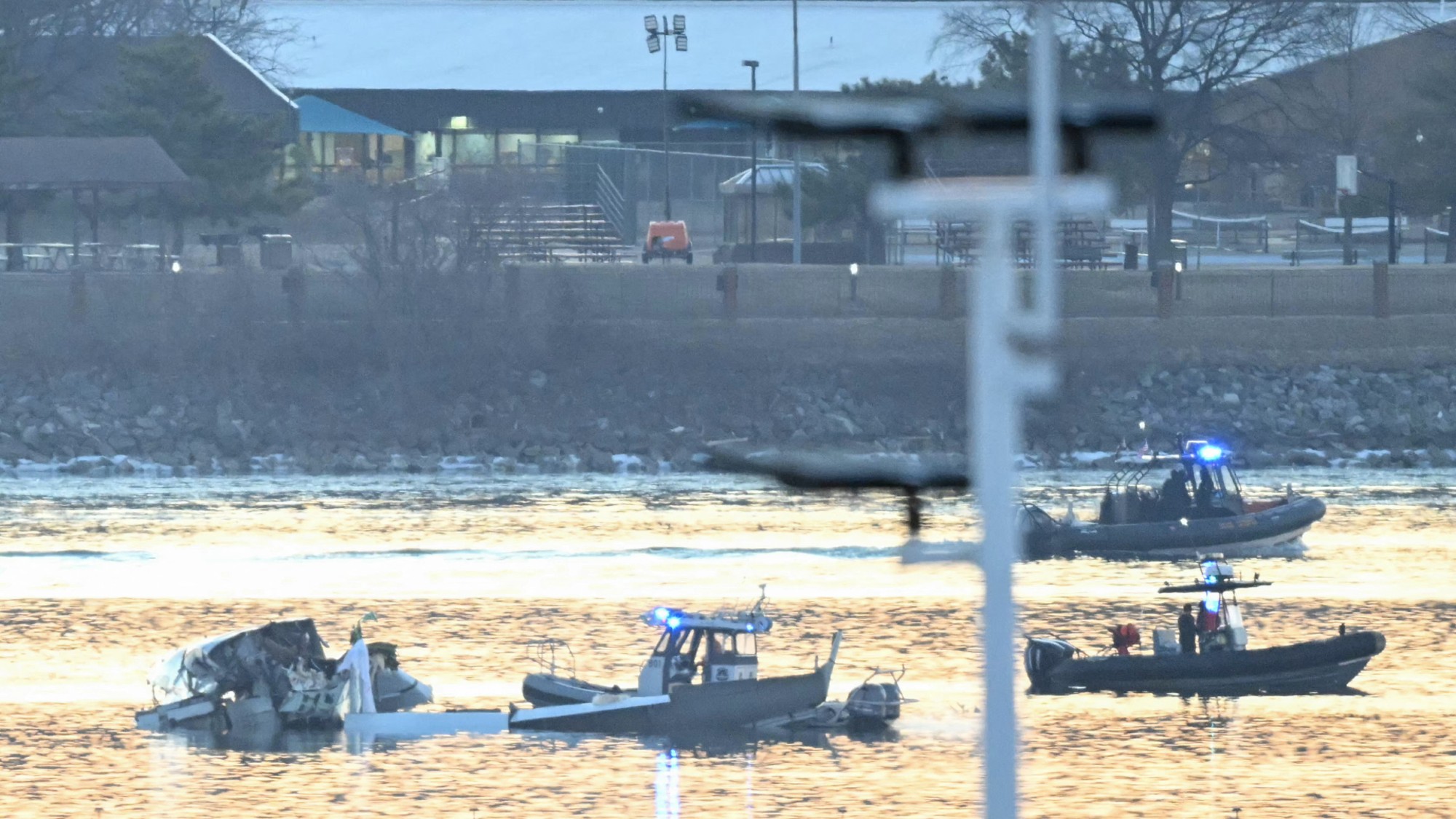 Washington DC plane crash: how did mid-air collision happen?
Washington DC plane crash: how did mid-air collision happen?Today's Big Question Experts struggle to explain how sophisticated airspace control system failed to prevent deadly disaster
-
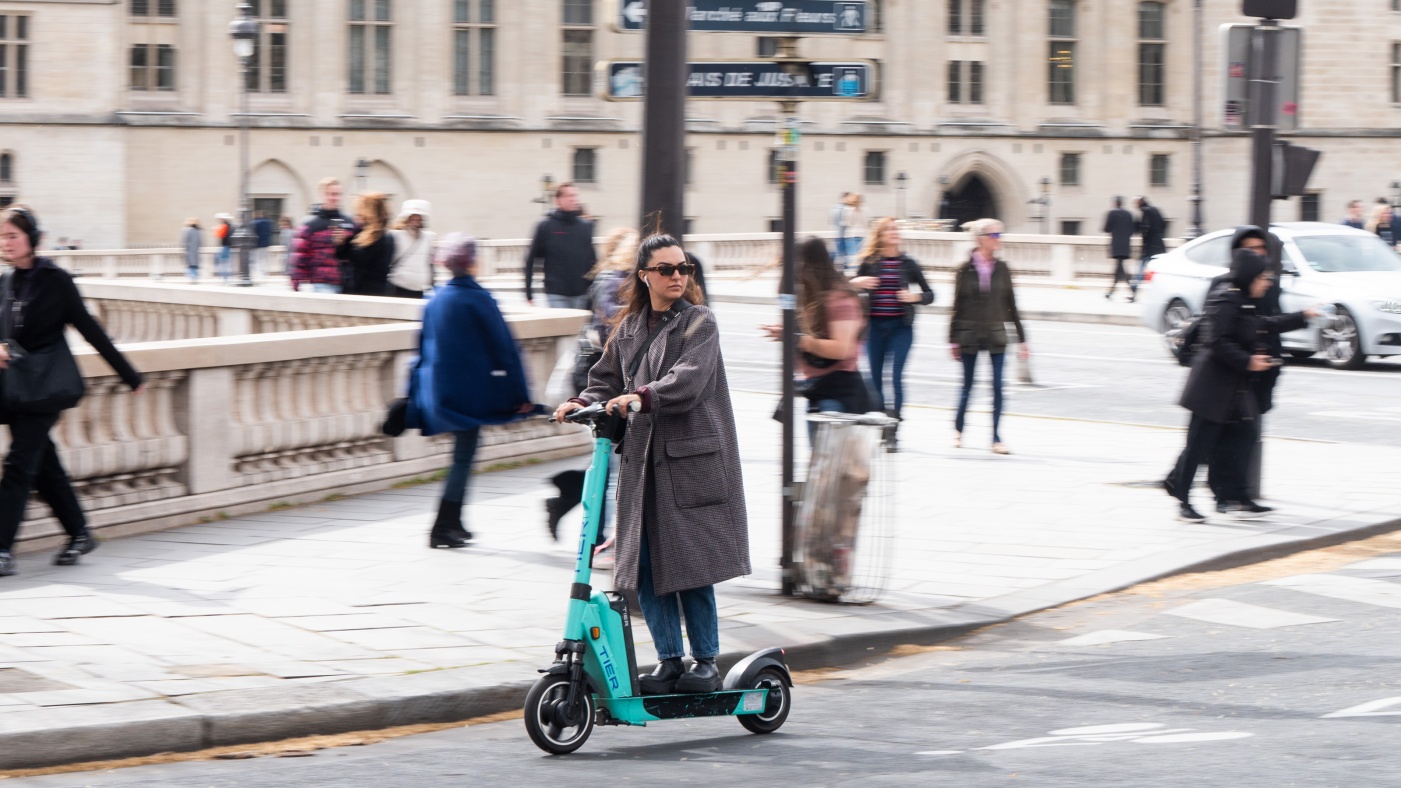 Paris bans e-scooter rentals
Paris bans e-scooter rentalsTalking Point Electric vehicles were popular with younger residents but older Parisians swung the crucial referendum